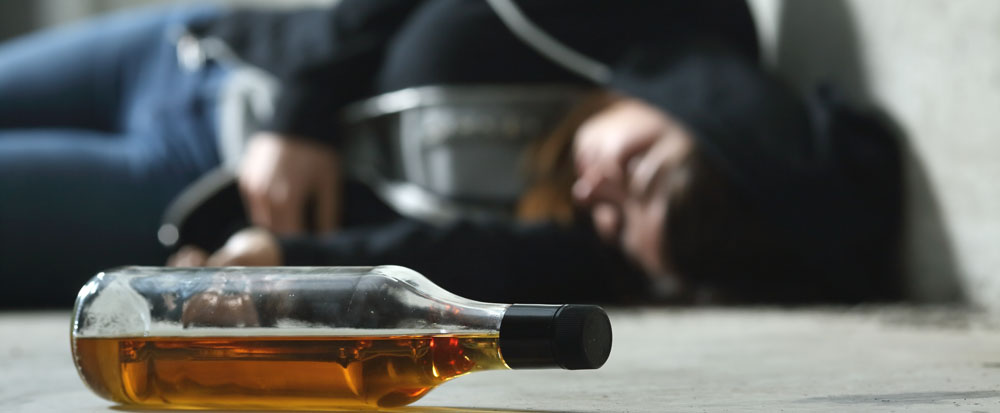Increased Heart Rate
Increased heart rate is a term used to describe a condition in which your heartbeat is faster than normal. The normal heart rate of an individual is 60 to 100 beats per minute. It is considered an increased rate if it exceeds that range. Increased heart rate is also medically referred to as Tachycardia.
Tachycardia can be divided into narrow complex tachycardia or wide complex tachycardia, depending on how it shows on the electrocardiography (ECG), a medical process used to check heart rate. It can also be classified as regular or irregular.
Ordinarily, your heart rate increases when you engage in strenuous physical exercise or activity. Sometimes, increased heart rate may be a result of low blood pressure, anaemia, heart disorder, fear, pain, anxiety or anxiety. Other times, tachycardia results from a prolonged intake, or abuse, of addictive substances like caffeine, cocaine, amphetamines, or alcohol. In this case, increased heart rate is considered to be a symptom of addiction.

What are the Effects of Increased Heart Rate?
When your heart rate increases, your body is affected in various ways, some of which include:
- Palpitations – Increased heart rate causes thumping or pounding of your chest or throat. The pounding may, in some cases, be accompanied by pain, in which case it may cause real discomfort.
- Shortness of breath when using even the slightest amount of energy in an activity. With shortness of breath, you may also experience some breathing difficulties when you try to lie down flat.
- In severe or prolonged cases, increased heart rate may lead to swollen legs (especially at the ankle) weight gain, or bloating.
What are the Symptoms of Increased Heart Rate?
There are a few signs which, if you begin to experience them, you’ll suspect that your heart rate has increased. Below are some of the signs often encountered:
- Pressure or pain in the chest
- Unusual weakness or fatigue
- Choking or trouble breathing
- Regular or irregular rapid pulse
Managing Increased Heart Rate
Increased heart rate is best handled by identifying, first of all, the root cause of it. If the increase is caused by factors such as stress, fear, anxiety, or physical exercise, it will likely go back to normal as soon as the factor isn’t present anymore.
However, sometimes the cause is not so obvious and you may not know the actual reason. In this case, you must see a doctor the moment you begin to have any of the signs mentioned. The doctor will know how best to handle the situation.
In cases where your heart rate has increased as a result of addiction to drugs, seeing an expert is also the solution for your safety. One thing you must not do is immediately stop taking the substance. Contrary to what many think, withdrawal from whatever drug you’re addicted to won’t stop the increased heart rate. It will, instead,kick off other symptoms, known as withdrawal symptoms, which may be just as bad as the increased heart rate, depending on the substance abused.

Seeing and consulting a medical specialist or therapist is the best option when you notice a change in your heart rate as a consequence of addiction. Do not be embarrassed, doctors are there to help you heal and will not be judgemental.
Call our admissions line 24 hours a day to get help.

